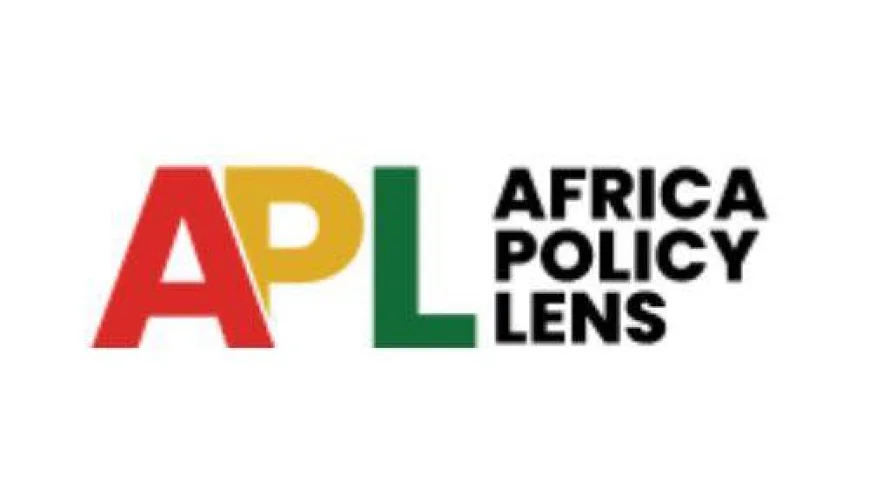APL Warns Ghana's Economy Faces Looming Crisis Despite IMF Boost"
Africa Policy Lens says IMF disbursement is a ‘steroid shot’, not a cure, urging bold reforms over foreign dependence

Despite recent signs of economic stability, including the strengthening of the Ghanaian cedi and improved international reserves, the Africa Policy Lens (APL) has cautioned that Ghana's economy remains dangerously fragile and overly reliant on foreign financial support.

In a detailed statement responding to the disbursement of US$367 million from the International Monetary Fund (IMF) under the Extended Credit Facility programme, the APL described the current economic trajectory as one powered by “borrowed breath” rather than structural strength.
“The IMF disbursement is like a steroid shot: it boosts reserves, props up the cedi, and provides a cosmetic uplift to market confidence. But the real muscles — domestic production, access to affordable credit, and a disciplined fiscal framework — remain weak and underdeveloped,” the group warned.
According to the APL, although the IMF funds have pushed Ghana’s Gross International Reserves from US$10.67 billion to an estimated US$11.04 billion and strengthened the cedi by 16% within a month, these gains are largely superficial. The group notes that real private sector credit growth fell to −1.1% in April 2025, underlining the lack of accessible financing for businesses and industries.
On the fiscal front, the GHS 4.35 billion equivalent received helped cover 22% of Ghana’s fiscal deficit for early 2025, but the underlying issue of chronic overspending and weak revenue mobilisation remains unresolved.
“The disbursement merely plugs short-term holes in a leaky ship,” APL said, highlighting the risk of long-term economic instability without meaningful reforms.
Monetary conditions have also shown some improvement, with Net Foreign Assets climbing to GHS 134.5 billion. However, banks remain cautious, with non-performing loans at 23.6%, and credit still failing to flow into productive sectors.
The group warned that even concessional debt, though less expensive than commercial loans, adds to the country's ballooning public debt, now standing at GHS 769.4 billion or 55% of GDP.
In a strongly worded conclusion, the APL urged the government to move away from dependency on external bailouts and instead pursue “structural fitness” through increased local productivity, disciplined public financial management, and a home-grown economic model tailored to Ghana’s realities.
“Ghana doesn’t need more steroids; it needs structural fitness,” the statement signed by Prof. Isaac Boadi of UPSA concluded.


